Description
A data dictionary tool is a centralised repository of data definitions and metadata that helps organisations manage and use data assets. Our data dictionaries are built in R so they can be easily maintained and updated. A data dictionary can help with the following key topics:
- Data consistency: A data dictionary provides a single, authoritative source for data information, which helps ensure that data is consistently understood and used across departments.
- Data governance: A data dictionary can help establish clear ownership and accountability for data assets, and ensure that data is properly maintained and protected.
- Data lineage: A data dictionary can provide information about the origin, purpose, and characteristics of data, as well as how it is transformed and used. This can be useful for regulatory and compliance purposes.
- Database design: A data dictionary can help ensure that databases are designed using a consistent and efficient approach
A data dictionary is an extremely useful tool to help keep your data in order. Each data element is given a unique identifier to help users keep track of where that element is used, as well any key relationships it has with other data elements. We can also add metadata to provide context on what the data element is for or how it may be used.
We tend to use data dictionaries at the start of every project to ensure the data we are working with is relevant to the scope of the project. Furthermore, the tool is great for supporting data audits and feeding back to the customer on how their data is used.


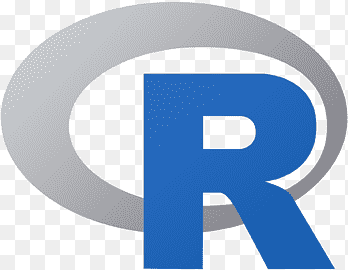
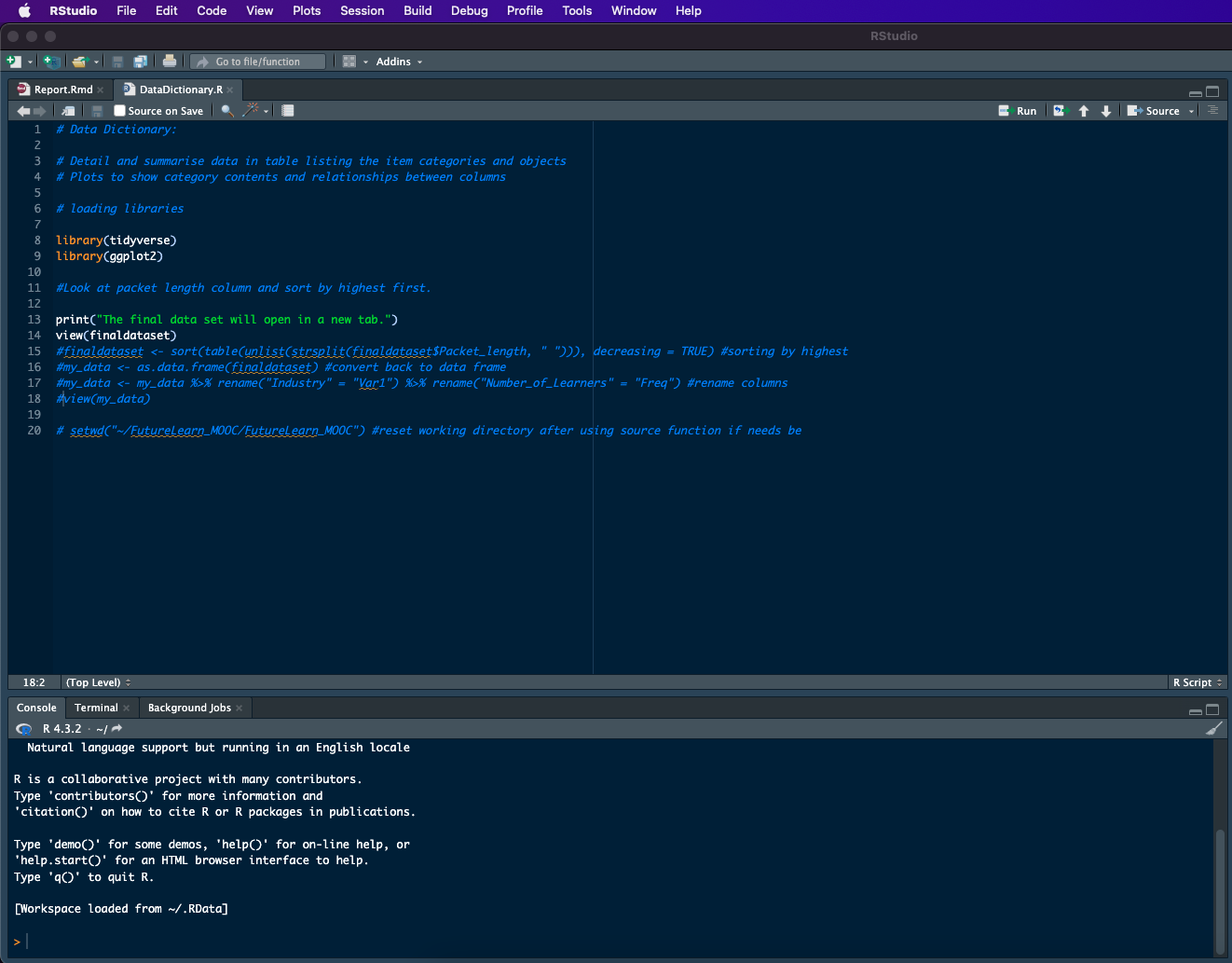

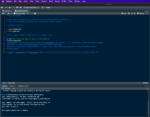
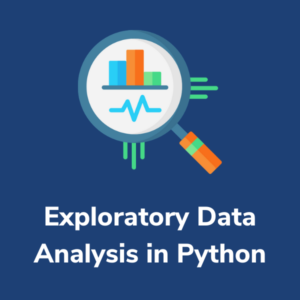
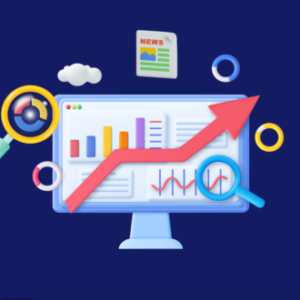



Reviews
There are no reviews yet.